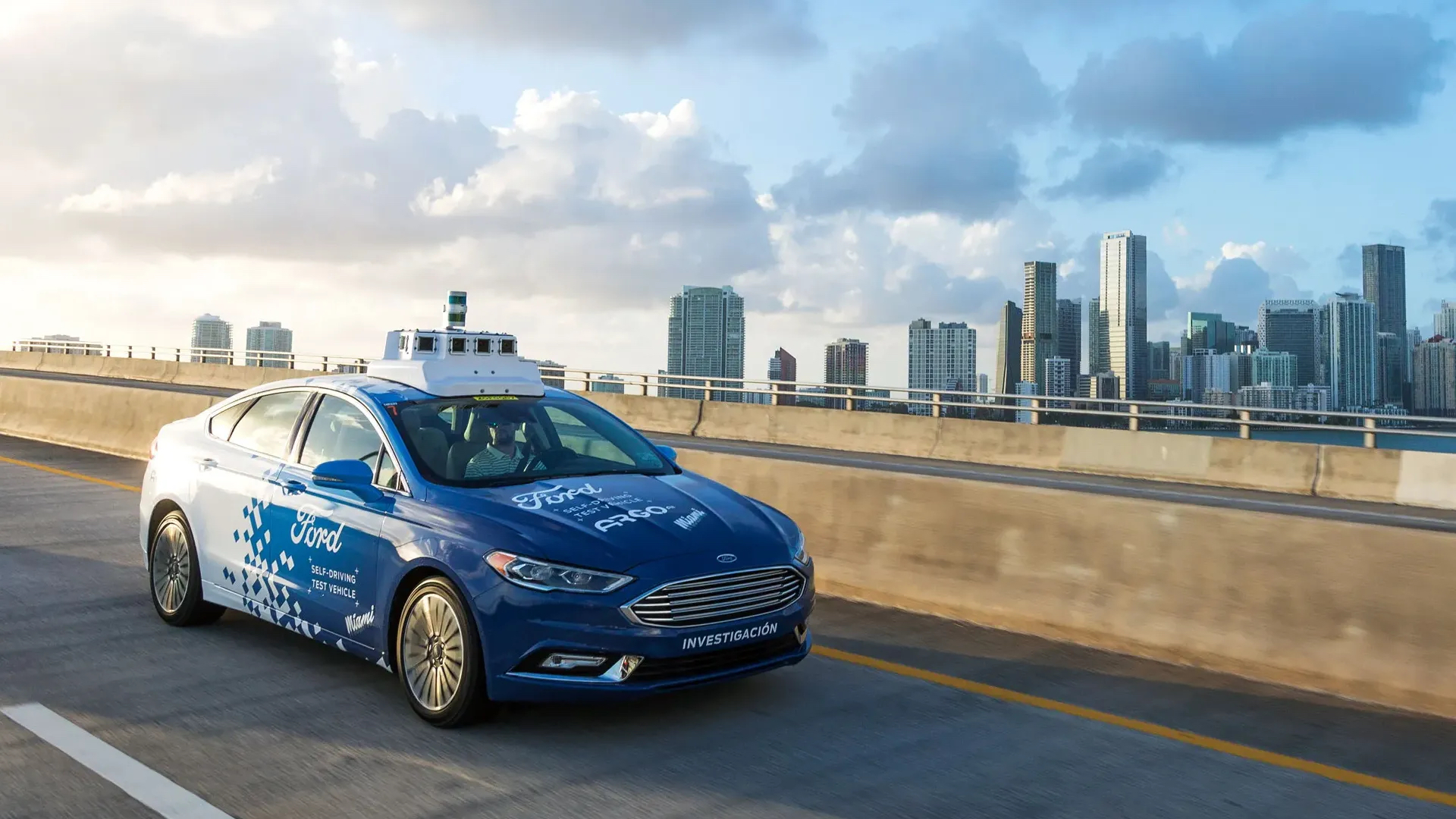US automaker Ford has withdrawn a petition seeking regulatory approval in its native country to deploy self-driving vehicles.
Ford had filed a petition in July 2021 seeking approval to deploy up to 2,500 self-driving vehicles per year without required human controls such as steering wheels.
However, the firm has sent a letter to the US Highway Traffic Safety Administration (NHTSA) stating that it no longer wishes to pursue this approval. It cited the decision to close Argo AI – an independent company that built software, hardware, maps, and cloud-support infrastructure to power self-driving vehicles which received significant backing from Ford and Volkswagen – as a major reason.
The letter, which was made public by the NHTSA on Thursday and dated February 13, said: "As evidenced by the planned shutdown of our ADS partner Argo AI, we believe the road to fully autonomous vehicles, at scale, with a profitable business model, will be a long one.”
The firm said that it is “more prudent” to focus on technologies that “do not require an exemption,” with the company now focusing on partially automated vehicles.
Ford had previously intended on creating self-driving vehicles for the purpose of automated ride-hailing and package delivery. Its petition had argued that the inclusion of “active driving controls and communications would introduce an unacceptable risk to safety" in such vehicles.
Latest News
-
Anthropic expands Claude into healthcare as OpenAI unveils ChatGPT Health
-
OpenAI launches ChatGPT Health
-
Xpeng to roll out robotaxis and humanoid robots
-
Grok restricts image editing to paid users following deepfake controversy
-
EU to propose lighter-touch digital rules for Big Tech giants
-
ICO predicts shopping 'AI-gents' could arrive in next 5 years
The future-ready CFO: Driving strategic growth and innovation
This National Technology News webinar sponsored by Sage will explore how CFOs can leverage their unique blend of financial acumen, technological savvy, and strategic mindset to foster cross-functional collaboration and shape overall company direction. Attendees will gain insights into breaking down operational silos, aligning goals across departments like IT, operations, HR, and marketing, and utilising technology to enable real-time data sharing and visibility.
The corporate roadmap to payment excellence: Keeping pace with emerging trends to maximise growth opportunities
In today's rapidly evolving finance and accounting landscape, one of the biggest challenges organisations face is attracting and retaining top talent. As automation and AI revolutionise the profession, finance teams require new skillsets centred on analysis, collaboration, and strategic thinking to drive sustainable competitive advantage.
© 2019 Perspective Publishing Privacy & Cookies




.jpg)



Recent Stories